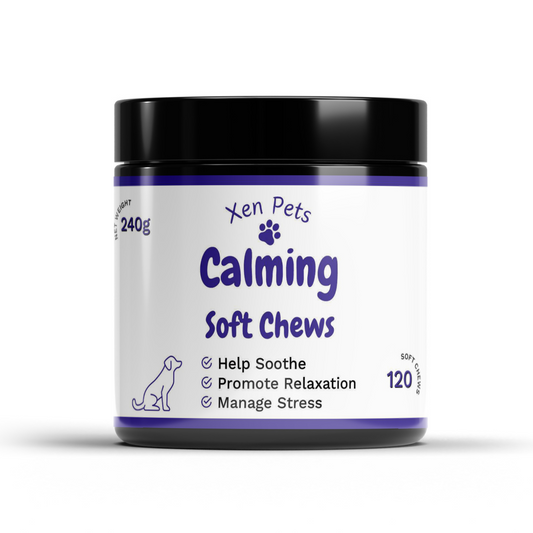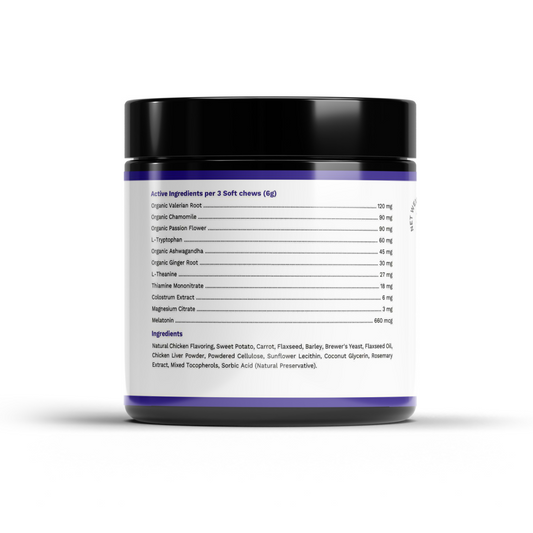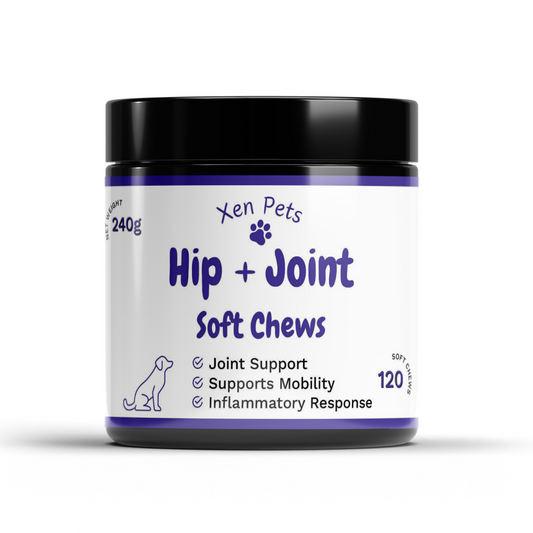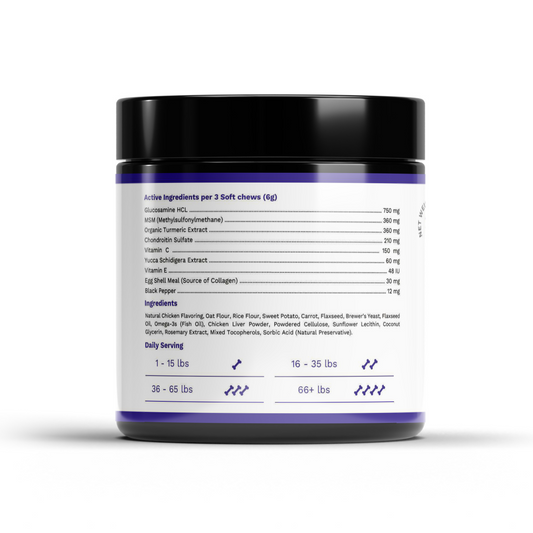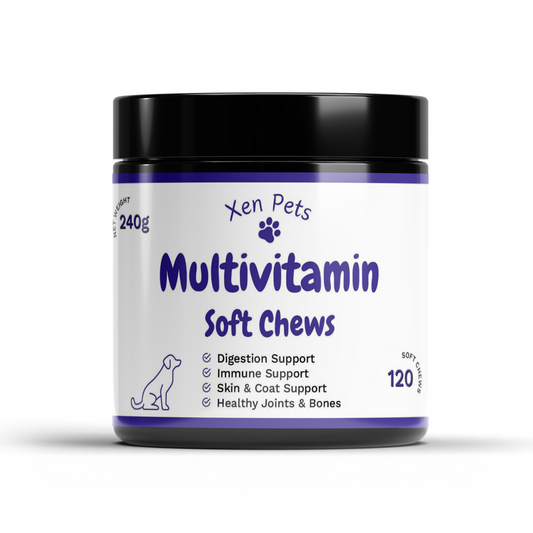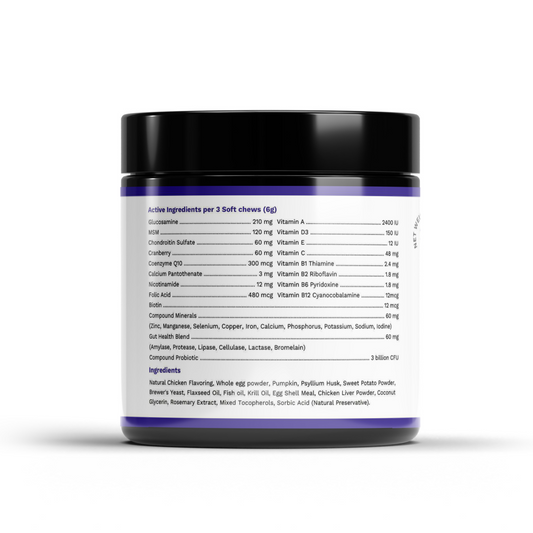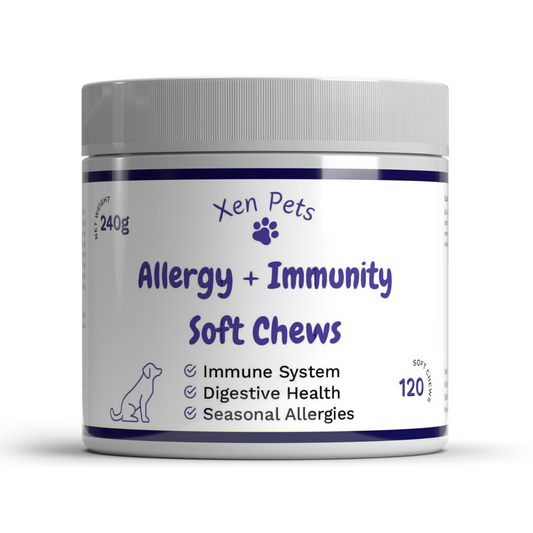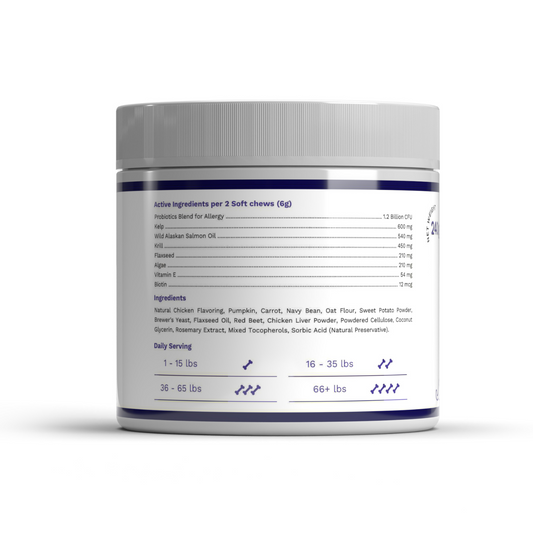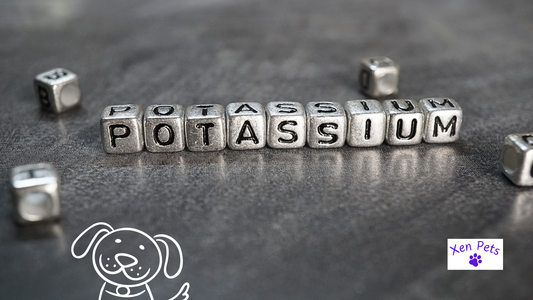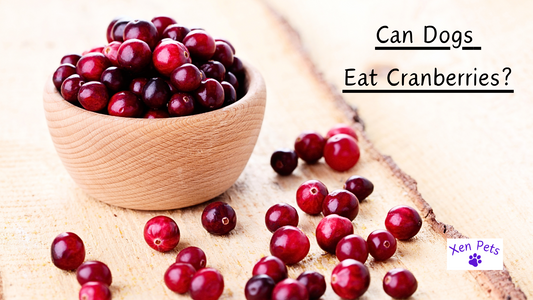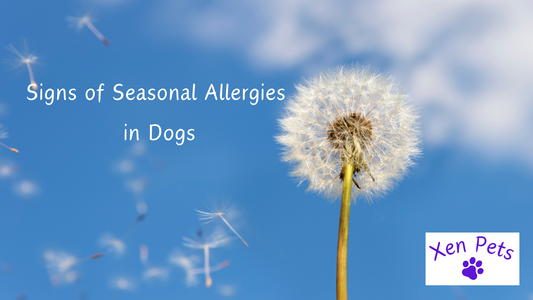Do Dogs Need Vitamin D? Benefits, Sources, Deficiencies
Tory JohnsonShare
Providing the right diet and lifestyle choices can make all the difference in our dog's wellbeing — especially when it comes to vitamins like Vitamin D.
But do dogs need Vitamin D? And if so, where does this essential vitamin come from?
In this article, we’ll explore exactly how important Vitamin D is for canine health, including its benefits and food sources.
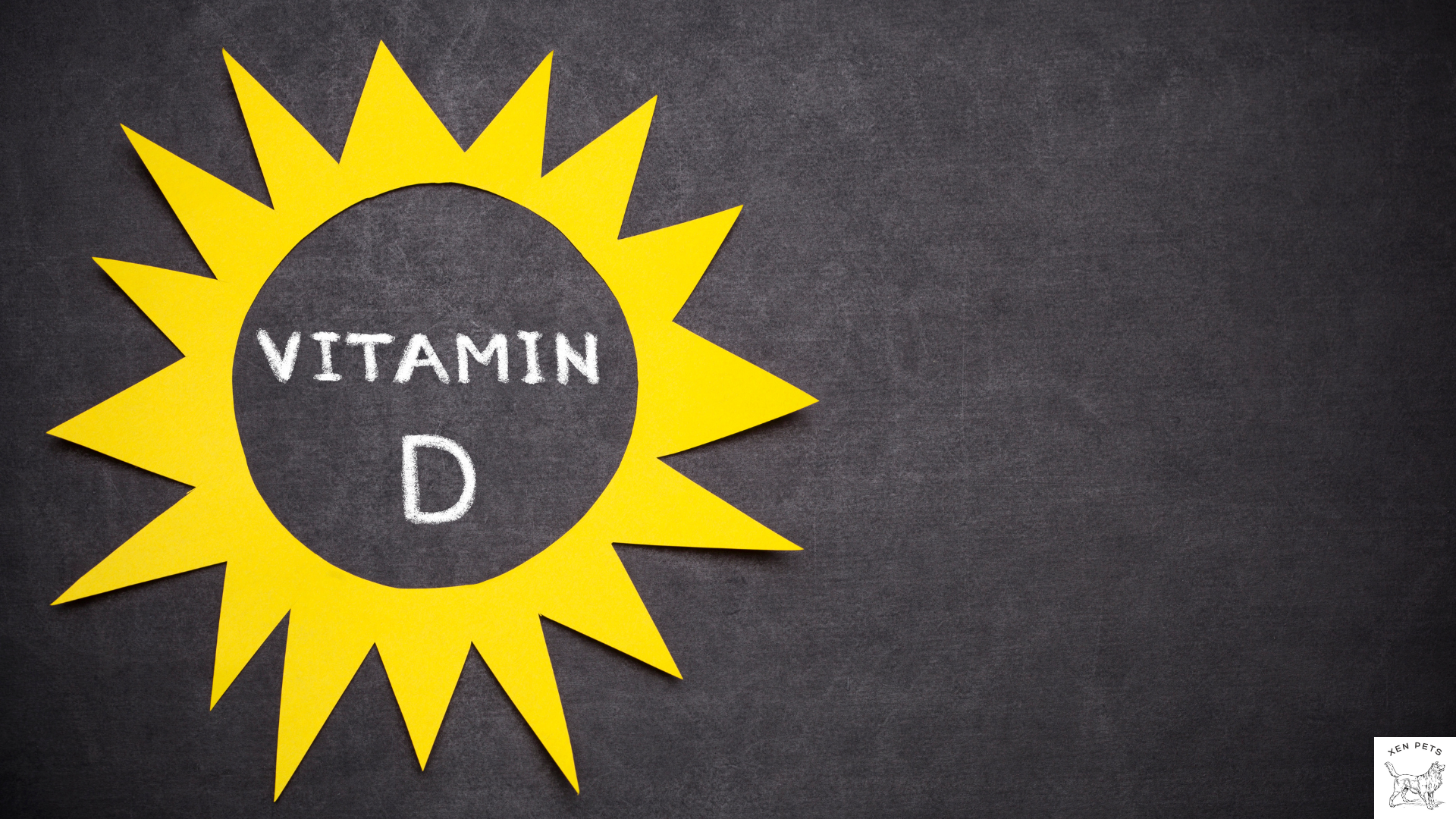
What is Vitamin D?
Vitamin D, also known as the sunshine vitamin, has long been recognized as a vital component in maintaining bone health. This fat-soluble vitamin has the ability to regulate calcium and phosphorus levels in the body, which is crucial for overall health.
Without enough Vitamin D, your dog's muscles and bones can weaken and become more susceptible to fractures and other injuries.
If you want your dog to maintain a healthy and active lifestyle, make sure to provide them with a balanced meal plan, including essential nutrients such as Vitamin D.
While dogs do convert some sunlight to Vitamin D, they are not as efficient at it as humans. In fact, compared to many other mammals, dogs have a much harder time producing Vitamin D from sunlight.
Types of Vitamin D
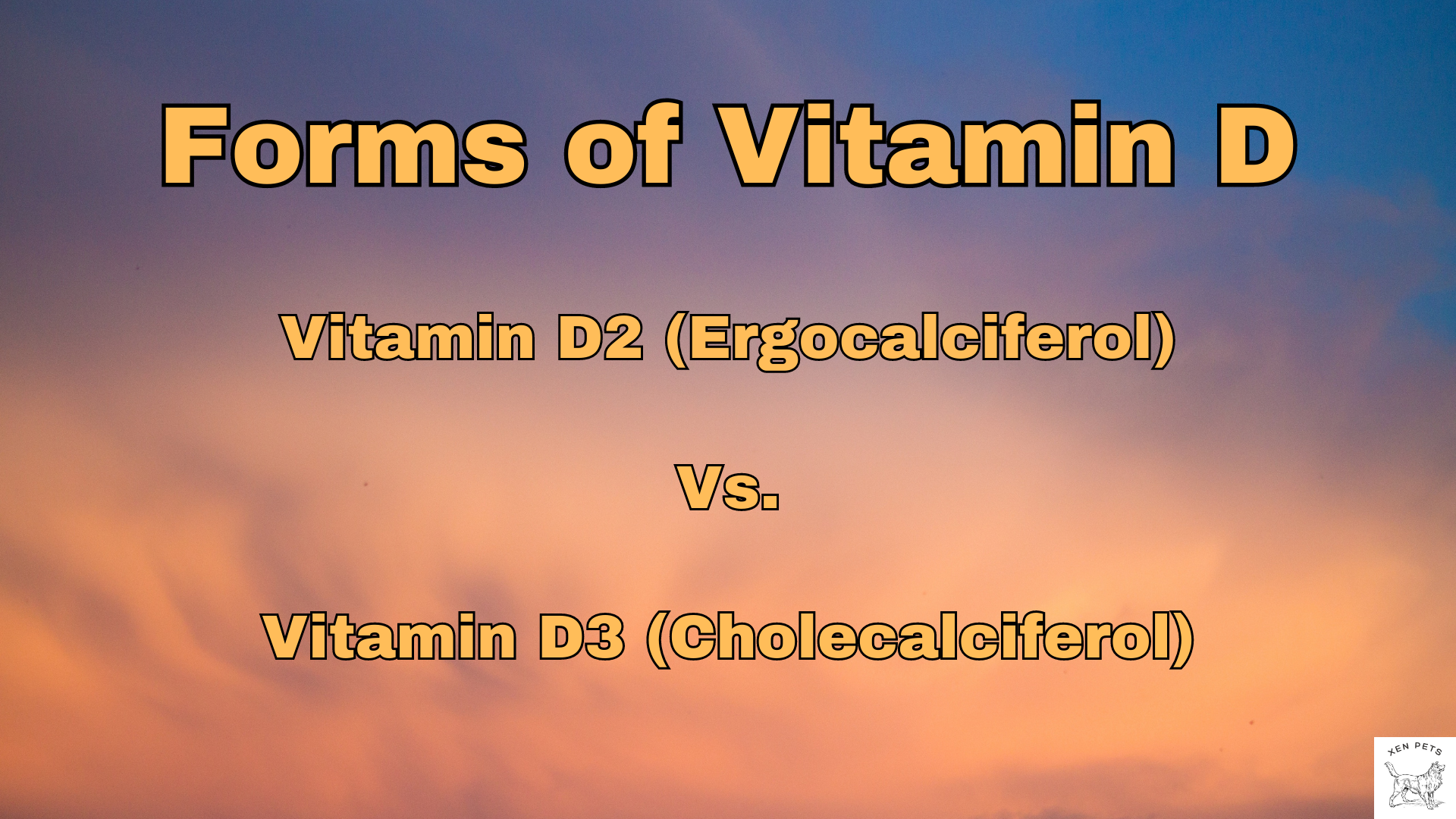
There are two primary forms of Vitamin D that we need to be aware of - Vitamin D2 and Vitamin D3.
The main distinction between the two is their source. Vitamin D2 comes from plants, while Vitamin D3 is derived from animals.
Although both forms of Vitamin D have a role to play in our health, some studies suggest that Vitamin D3 may be more effective in helping to improve your dog's immune system and bone health.
Vitamin D2 (Ergocalciferol)
Vitamin D2 is a plant based source of Vitamin D and can be found in fungi and yeast.
Vitamin D3 (Cholecalciferol)
Vitamin D3 is an animal based source of Vitamin D and can be found in many foods like salmon and beef.
4 Benefits of Vitamin D
Providing enough Vitamin D for your dog can lead to several benefits, including:
- Bone growth and repair
- Joint repair
- May prevent heart disease
- May prevent kidney disease
10 Foods with Vitamin D for dogs

Vitamin D can be found in both plant and animal sources. Let's take a look at some of the most common food sources.
- Salmon
- Eggs
- Liver
- Cheese
- Yogurt
- Kefir
- Fish
- Beef
- Squash
- Mushrooms
Vitamin D for dogs dosage
The Association of American Feed Control Officials has strict regulations for the vitamin and mineral levels in commercial dog food.
In particular, there are guidelines for the amount of Vitamin D that should be present in an adult dog's diet.
A kilogram of dog food should contain no less than 500 international units (0.0125 mg) but no more than 3,000 international units (0.075 mg) of Vitamin D per day.
Vitamin D supplements for dogs should contain no more than 100-120 ng/ml per day.
These regulations exist to ensure that dogs receive the necessary nutrients in their diet without overconsumption, which can lead to health problems.
5 Signs of a Vitamin D deficiency
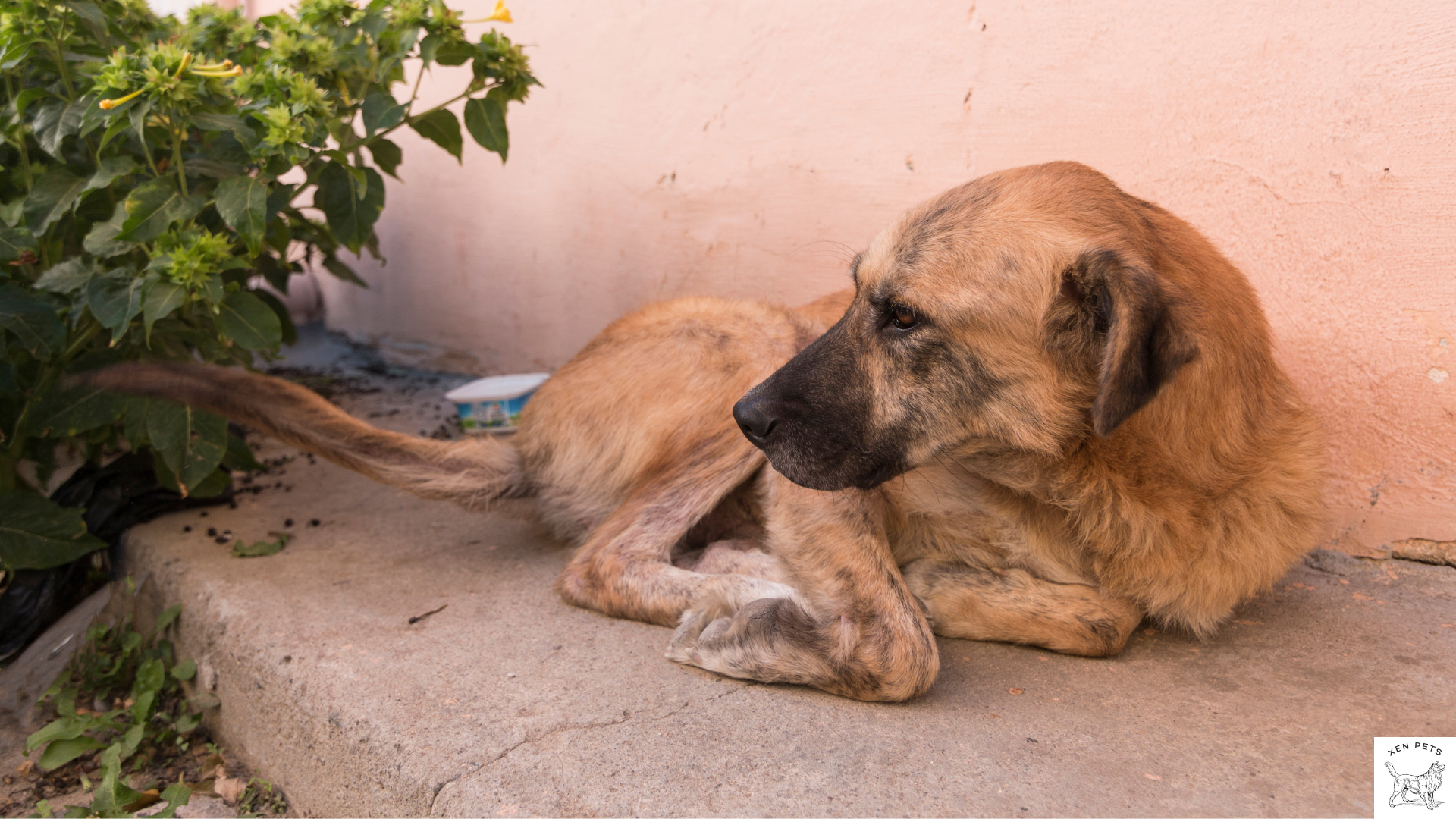
- Allergies
- Hair loss
- bone pain
- Muscular weakness
- Depression
Is Vitamin D bad for dogs?
It's important to be aware of the risks associated with Vitamin D supplementation in dogs.
As Vitamin D is fat-soluble, it's possible for the body to accumulate stores that may eventually lead to an overdose. This is why it's crucial to always follow recommended dosage guidelines when supplementing your dog's diet.
However, accidental overdoses can occur too. One of the most concerning sources of too much Vitamin D is cholecalciferol-containing rat poison. Not only is the lure of rat poison appealing to a hungry dog, but excess Vitamin D in cholecalciferol can be lethal if ingested in large amounts.
10 Signs of Vitamin D poisoning
- Vomiting
- Abdominal pain
- Tremors
- Convulsions
- Constipation
- Weight loss
- Blood in vomit
- Weakness
- Bloody stools
- Lethargy
Is Vitamin D toxic to dogs?
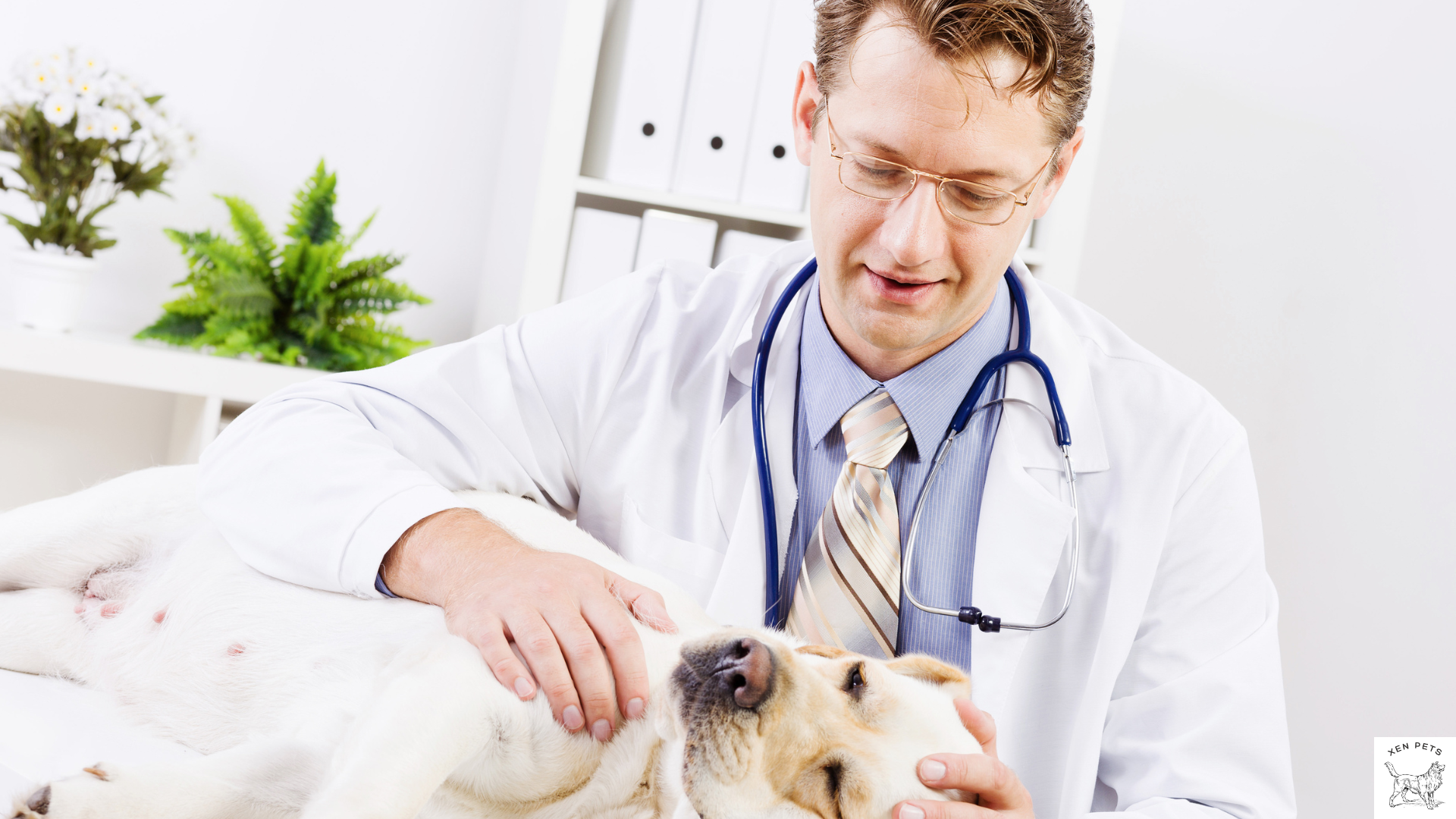
Research shows that it takes as little as 0.1mg/kg of Vitamin D to cause poisoning, which translates to about 0.45 mg for every 10 pounds of body weight.
This may not sound like a lot, but when we consider that the fatal dose is around 2 mg/kg, it's clear that we need to be cautious about Vitamin D toxicity. So, what can we do?
Bottom line
Vitamin D is essential for dogs, providing a host of valuable health benefits.
Fortunately, many common food sources such as cod liver oil and raw eggs are rich in Vitamin D and can easily be added to your dog's diet.
If you believe your dog may have a deficiency then be sure to consult with your vet. With appropriate measures and regular checkups, you can help keep your dog healthy and ensure they get the right amount of Vitamin D for optimal wellbeing.
To learn more about vitamins, check out our Nutrition Guides.

